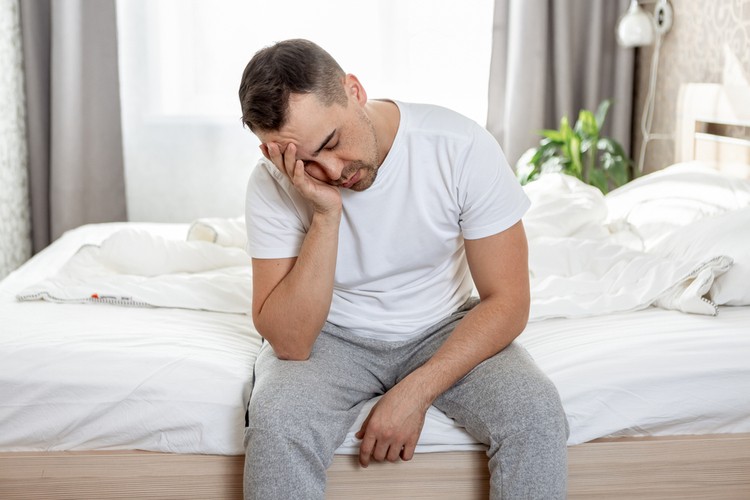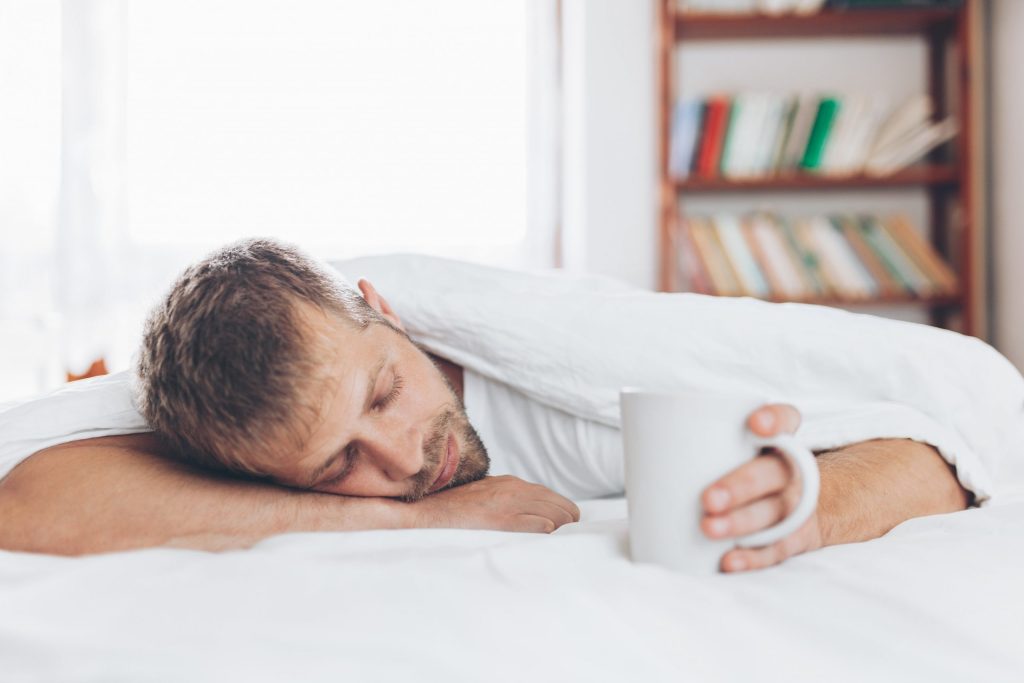Why Can’t I Sleep? Remedies for Insomnia and How to Overcome Sleeplessness
Introduction
Insomnia is a fundamental aspect of overall health and well-being. However, for many individuals, falling asleep or staying asleep can be a persistent struggle. If you frequently find yourself tossing and turning at night, you may be experiencing insomnia. This article will explore the common causes of sleeplessness and effective remedies to help you overcome it.

Common Causes of Insomnia
Understanding why you can’t sleep is the first step to overcoming insomnia. Here are some common causes:
1. Stress and Anxiety
- Worrying about work, finances, or personal relationships can make it difficult to relax and fall asleep.
- Anxiety disorders can lead to chronic sleeplessness.
2. Poor Sleep Habits
- Inconsistent sleep schedules, excessive screen time before bed, and consuming caffeine late in the day can all contribute to poor sleep quality.
3. Medical Conditions
- Chronic pain, asthma, acid reflux, and other medical conditions may prevent restful sleep.
- Sleep disorders like restless leg syndrome or sleep apnea can also play a role.

4. Diet and Lifestyle Choices
- Drinking alcohol or consuming nicotine before bedtime can interfere with sleep cycles.
- Eating heavy meals close to bedtime can cause discomfort and disrupt sleep.
5. Environmental Factors
- Noise pollution, an uncomfortable mattress, and an inappropriate room temperature can all hinder sleep quality.
Effective Remedies for Insomnia
While occasional sleeplessness is common, chronic insomnia should be addressed with practical solutions. Here are some remedies that may help:
1. Establish a Consistent Sleep Schedule
- Go to bed and wake up at the same time every day, even on weekends.
- Consistency helps regulate the body’s internal clock.

2. Create a Relaxing Bedtime Routine
- Engage in calming activities such as reading a book, taking a warm bath, or practicing deep breathing exercises.
- Avoid screens at least an hour before bed, as blue light can interfere with melatonin production.
3. Optimize Your Sleep Environment
- Keep your bedroom dark, quiet, and cool.
- Invest in a comfortable mattress and pillows.
- Use blackout curtains or a white noise machine if necessary.
4. Be Mindful of Your Diet
- Avoid caffeine and heavy meals before bedtime.
- Herbal teas like chamomile and valerian root can promote relaxation.
5. Get Regular Exercise
- Engaging in physical activity during the day can help regulate sleep patterns.
- Avoid intense workouts close to bedtime, as they may have the opposite effect.
6. Manage Stress and Anxiety
- Practice mindfulness meditation and yoga to help ease stress.
- Keeping a journal to jot down worries before bed can prevent overthinking at night.
7. Try Natural Supplements
- Melatonin supplements can help regulate sleep cycles.
- Magnesium and L-theanine have also been shown to promote relaxation.
8. Seek Professional Help When Necessary
- If insomnia persists despite lifestyle changes, consult a doctor or sleep specialist.
- Cognitive Behavioral Therapy for Insomnia (CBT-I) is a proven method for treating chronic sleep issues.
Conclusion
Insomnia can be frustrating and detrimental to your overall health, but there are many ways to improve sleep quality. By identifying the root causes and implementing practical solutions, you can achieve restful and rejuvenating sleep. Start by making small adjustments to your routine and environment, and if necessary, seek professional guidance to address persistent sleep problems.
A good night’s sleep is within reach—take the first step towards overcoming insomnia today!

11 Tips for a Restful Sleep
- Make your bedroom a sleep sanctuary. Avoid dozing off in front of the TV—those short naps can mess with your nighttime sleep.
- Keep your room at the ideal temperature, around 21-22°C (70-72°F). A room that’s too hot or too cold can disrupt sleep.
- Say no to screens in the bedroom. Avoid using your phone, laptop, or TV in bed, as they interfere with sleep quality.
- Ensure your bedroom is quiet and dark. Good sound and light isolation make a big difference in getting deep sleep.
- Ditch the nightlight! Melatonin, the sleep hormone, is only activated in complete darkness.
- Take advantage of melatonin’s peak hours. It reaches its highest levels between 8:30 PM and 11 PM, so aim to fall asleep during this window.
- Get all your bedtime routines done beforehand. Brush your teeth, use the bathroom, and settle in—this helps your body recognize it’s time to sleep.
- Avoid eating after 7 PM. Stay away from stimulants like coffee and tea, and be mindful that even warm milk can trigger acid reflux.
- Exercise regularly, but at the right time. Light cardio before dinner can help with sleep, while intense workouts late at night might actually keep you awake.
- Stick to a consistent sleep schedule. Even on weekends, try to go to bed and wake up at the same time. A short 45-minute nap around noon can be refreshing.
- If you can’t fall asleep within 30-45 minutes, get up! Go to another room, read a book, and return to bed once you feel drowsy.
Sweet dreams!






